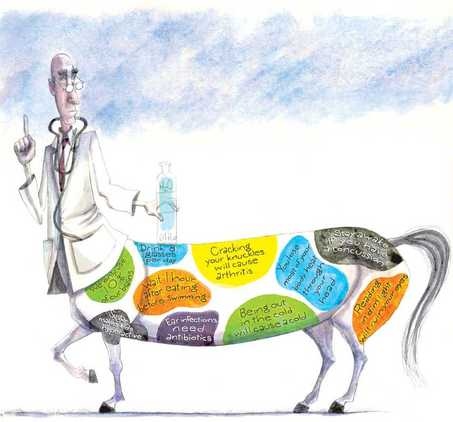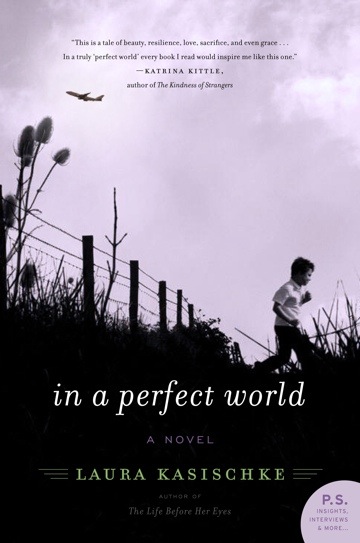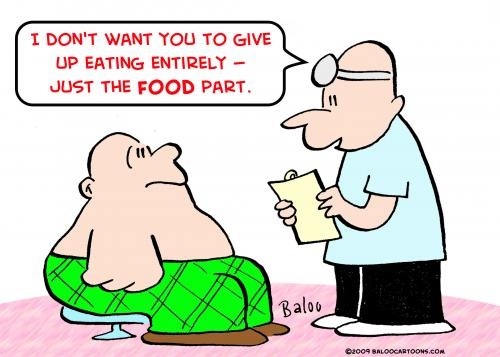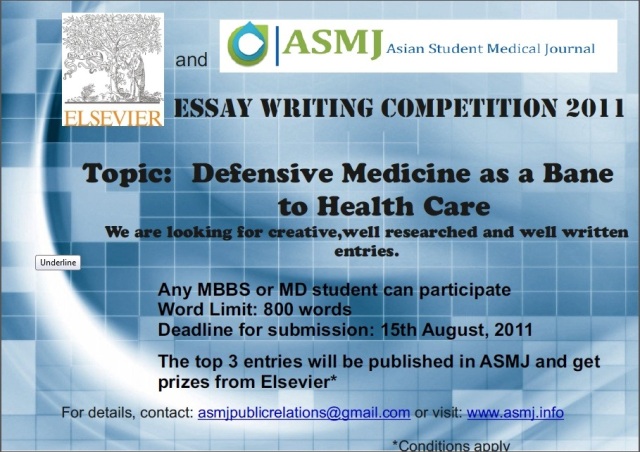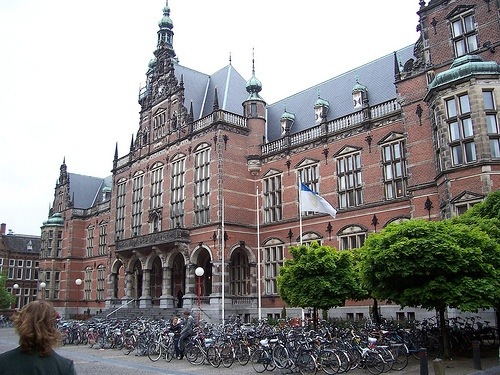Once upon a time in a far-far away land in a hostel room of a certain medical college a group of three friends(called idiots in the title to grab some eyeballs!! ) discovered in the internet a call for undergraduate medical research papers by the premier research institute of their nation.
Gung-Ho about their new found passion for research these friends ran to their favourite subject professors to do gather some idea on this.. The professors after much deliberation and thinking came up with simple one line solutions.
- “Ohh! You can just copy a part from my PGT’s thesis.”
That sounded great to Idiot # 1 .Too happy he retires in hostel to dream about the how he can spend the 5000 bucks he is supposed to get as a research grant. - “You don’t have a proposal. Please don’t waste my time. Bring the proposal”, shouted the HOD to Idiot #2 . Not knowing what to respond he stared at the floor (probably to figure out if he can see any microbes there) before the final “get out!!”
- “Come on you need to study. These have no value in the future.” , said Idiot #3’s favourite teacher in a saintly voice. Not convinced that he did not have enough time (since he always found time for lazing round) ran to another younger (but not so favourite)professor who he thought would share his enthusiasm—bang came the reply –
“That’s great. Tell me your research topic. I will help.”
He returned back promising he would come up with some topic in a day or two but was still as confused as ever.
Back to their rooms the friends (of course leaving Idiot #1 who still could not figure what to do with the money ) set up their own path.
Idiot #2 ran to the all- helping high-on-grass PGT. The PGT true to his reputation told him all about his hypothesis regarding why “glue gave better hallucinations than ketamine”. Not understanding a word he tried searching about “glue”, “ketamine” & “hallucinations” (key word search individually as well as in all possible combinations!) frantically over the net. Failed!!He just gave the whole idea a toss.
Idiot#3 could not find anything satisfactory either. He read the instructions over the net again and again. He read a few hundred research papers and wrote a research proposal which his guide threw to the dustbin. He went again and again till the day before the last date of submission when the guide took some mercy and modified his proposal and approved it. He however did not qualify that year. He tried year after year (like the spider in the Bruce story!!) and learnt the fine art(yes ! It’s an art) of doing medical research at the fag end of his UG career in his final year.
Disclaimer : All characters in this story are fictitious and the author has no idea about whether “glue” gives a better hallucination than “ketamine” since he has never been exposed to either. It is also sincerely recommended that you DO NOT try replicating this act at home as it is actually dangerous and potentially lethal. All addictions are harmful to health.
-Soumyadeep Bhaumik,
Medical Sub-Editor,
Journal of Indian Medical Association


